Date: 13 October 2006
That is the view of London-based aggregates firm Day Group, which already uses more than 80,000 tonnes of recycled glass a year to make building products, and has plans to open a new plant to more than double that usage.
Last week saw Cemex, the company that acquired RMC Aggregates and Rugby Cement, bringing its use of recycled glass to a halt.
But speaking to letsrecycle.com yesterday, contracts director Adam Day said: "I don't think London boroughs need be concerned at Cemex pulling out as there will still be plenty of capacity to take glass aggregate. Although Cemex is a very large company they are actually taking in a small amount of glass in a year."
Day Group is developing a new £3.5 million plant in Brentford, which will be capable of processing 100,000 tonnes of mixed glass each year, including washing and crushing machinery. The facility is expected to open in November, providing an "additional stream" for London boroughs to dispose of their mixed glass.
Read the entire news on the source link below.

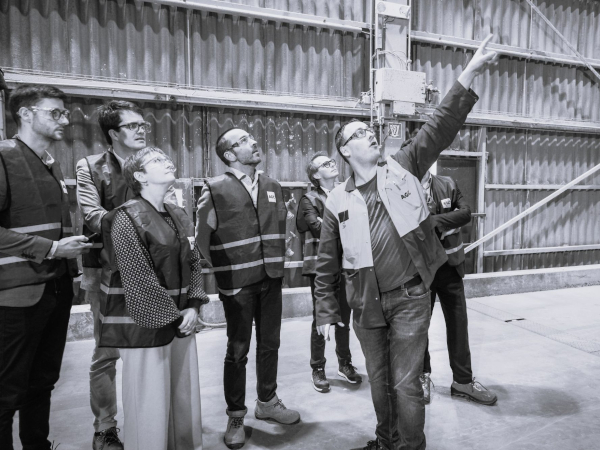
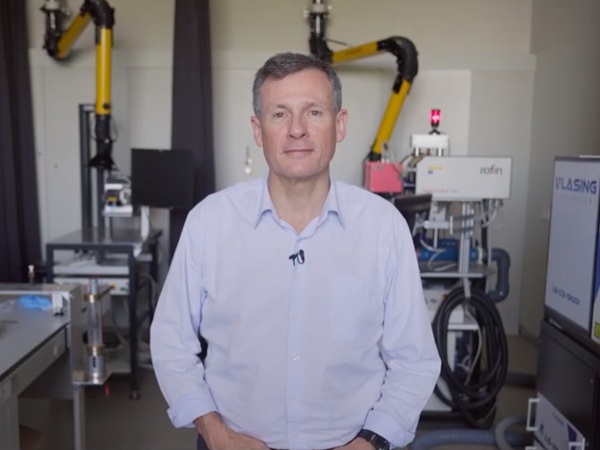
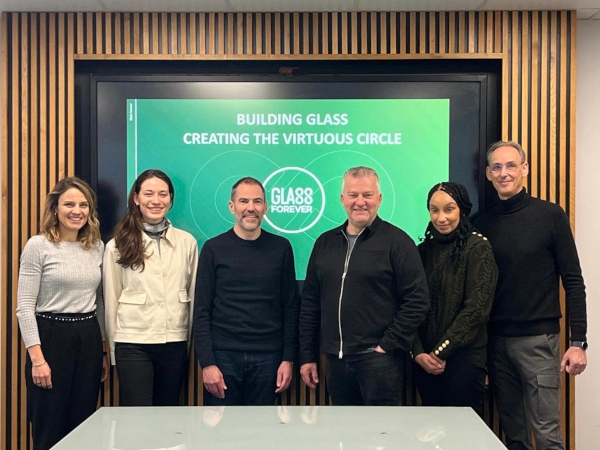
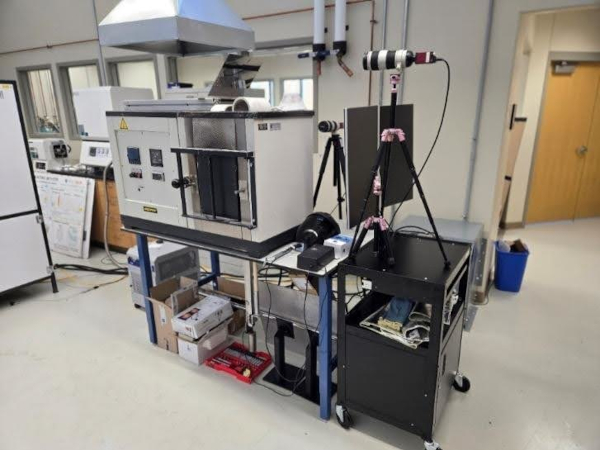
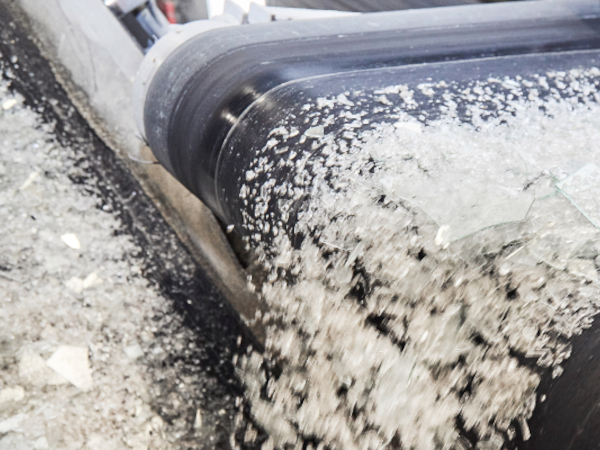

Add new comment